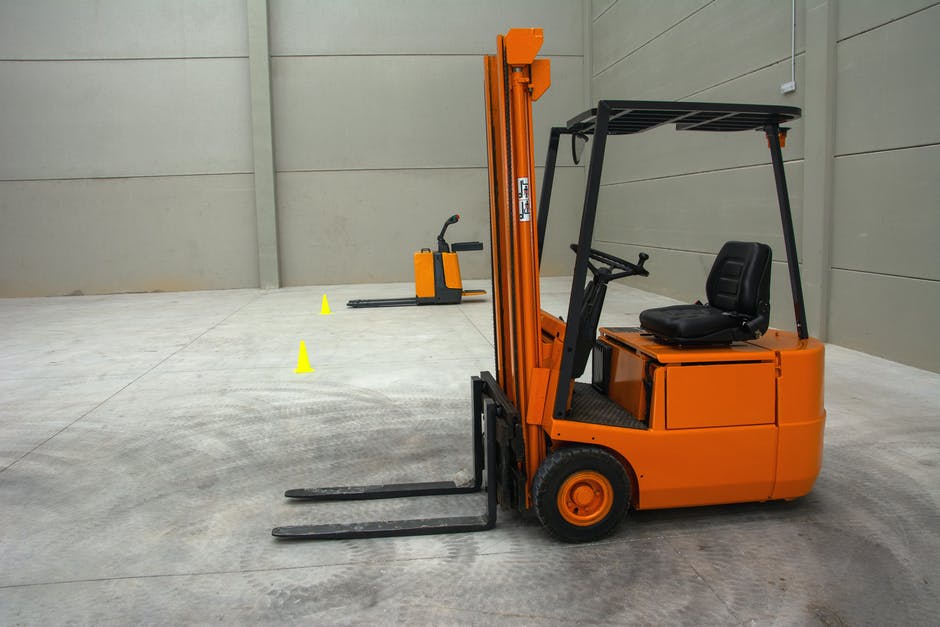Forklifts are the modern-day workhorse in today’s warehouses, shops, and industrial plants. Without these machines, manufacturing and business would grind to a screeching halt. If you haven’t already, you’re probably considering getting one to help with your own business!
But what do you do about the batteries? Choosing forklift batteries can be tricky, but we’ve got you covered! Read on for our guide on everything you need to know about getting the forklift batteries that are right for you.
Lead vs. Lithium Batteries
Electric forklifts use a battery to power their heavy work. Internal Combustion Engine (ICE) forklifts use gasoline for power, but often don’t last as long.
The two primary types of batteries are lead-acid and lithium-ion batteries. Lead batteries have been around for more than a century as the standard rechargeable battery. However, the new lithium batteries are quickly becoming the preferred rechargeable battery.
One of the main lead forklift battery features is that they require more maintenance through regular equalizing and fluid management, and they also need to be replaced more often than lithium batteries. The lifespan for forklift batteries is vastly different between lithium-ion and lead batteries.
However, there’s a big difference when comparing battery costs. Lead batteries are a lot cheaper than their lithium counterparts, making them a preferred choice for many businesses, particularly those on a tight budget.
Usage and Charge
There are four main sizes of batteries available. These are 24-volt, 36-volt, 48-volt, and 80-volt. Each of these will be suitable for a different type of forklift system, so make sure you get the right size for the machine you’d like to use.
No matter the size, lead batteries will require a longer charge time than lithium-ion batteries. They also need a cooldown time that lithium batteries don’t require.
Lead battery charging stations will recharge and equalize the batteries, but they may need to be placed in a temperature-controlled room in order to prevent overheating while the batteries charge. Lithium batteries can simply be plugged into a wall to start charging, and they don’t need to go through a full charging cycle before going back to work.
With both types of batteries, many companies find it wise to have multiple sets of batteries for each machine they want to operate, particularly if they’re operating 24 hours a day. You’ll have to decide if it’s in your budget, but you may benefit from having multiple batteries available to constantly rotate through as needed.
Warranties
No matter what type of battery you get, you should always make sure you’re fully covered by a warranty through your forklift battery provider. These batteries can be expensive, and you don’t want to end up footing the bill!
There is typically a lot of fine print associated with industrial battery warranties. Make sure you know exactly what you need to do in order to keep your warranty.
You might have to regularly charge the batteries, or you’re only allowed to use one type of charging station. Whatever it may be, you should abide by all the regulations. That way, you can get your batteries replaced if something goes wrong!
Make Wise Decisions When Choosing Forklift Batteries!
Whatever type of battery you go with when you’re choosing forklift batteries, you don’t have to figure everything out by yourself! We’re eager to help you pick your machinery and find parts that work for you.
So, feel free to reach out and contact us! We’d be happy to help you pick a forklift battery, decide on a new machine, or even buy new parts to help your business keep running smoothly.

